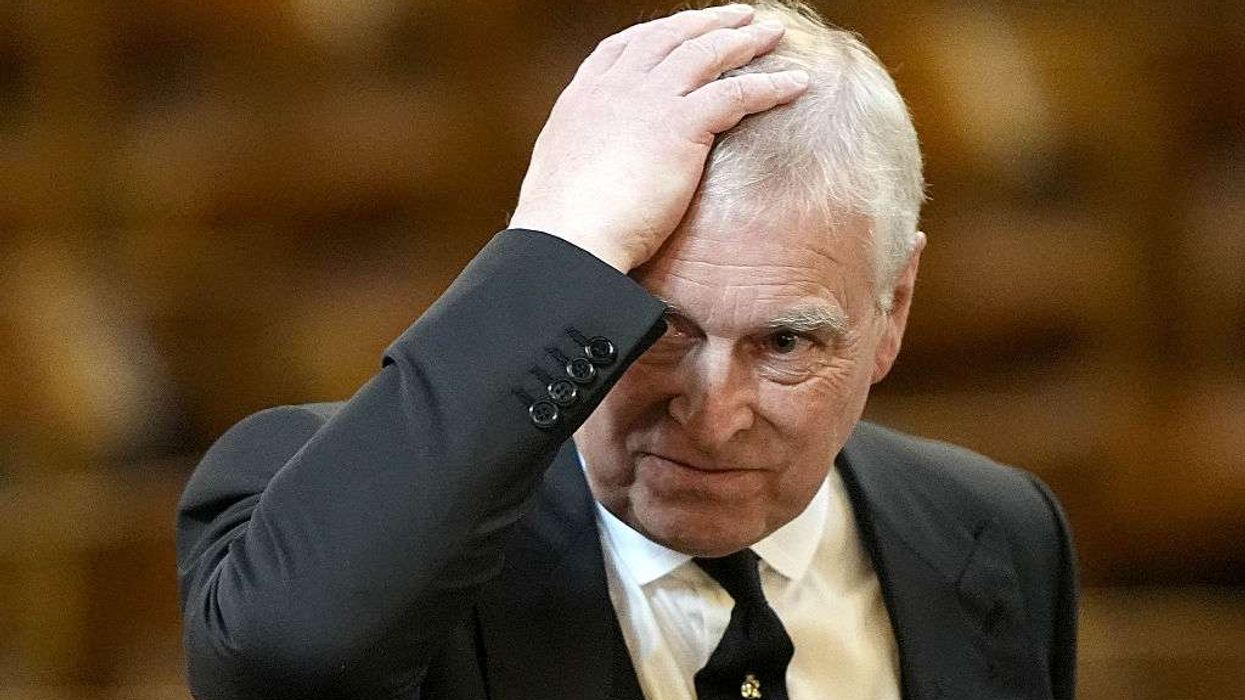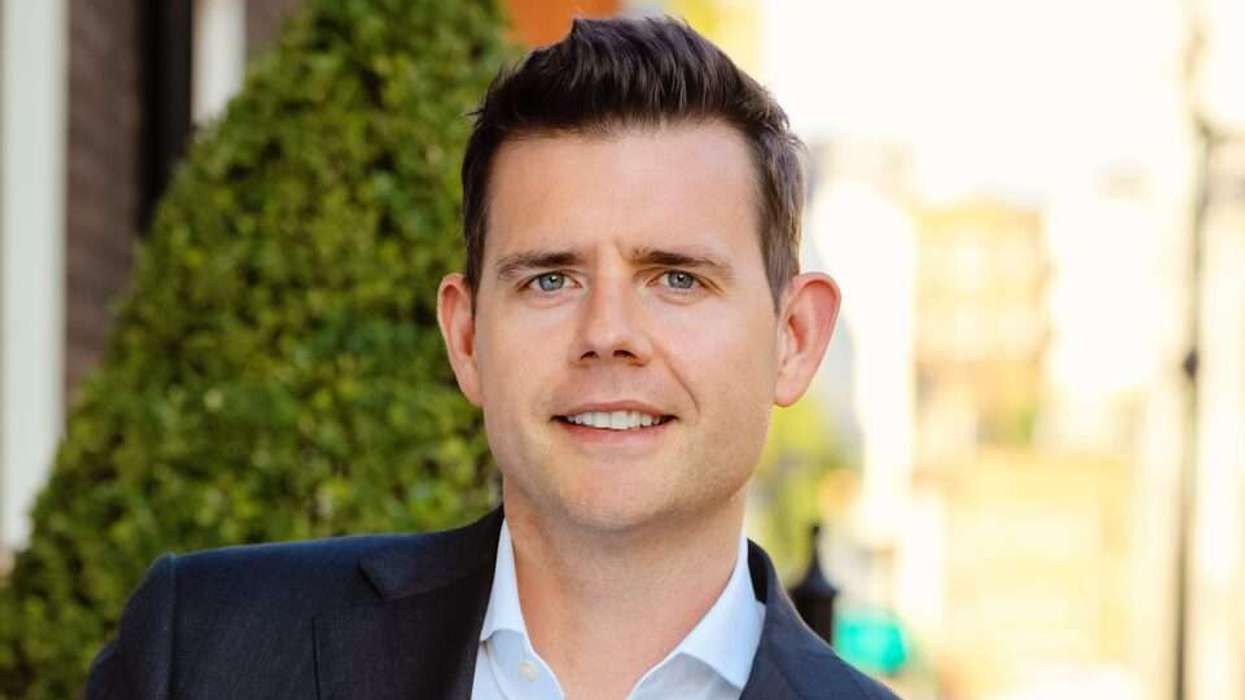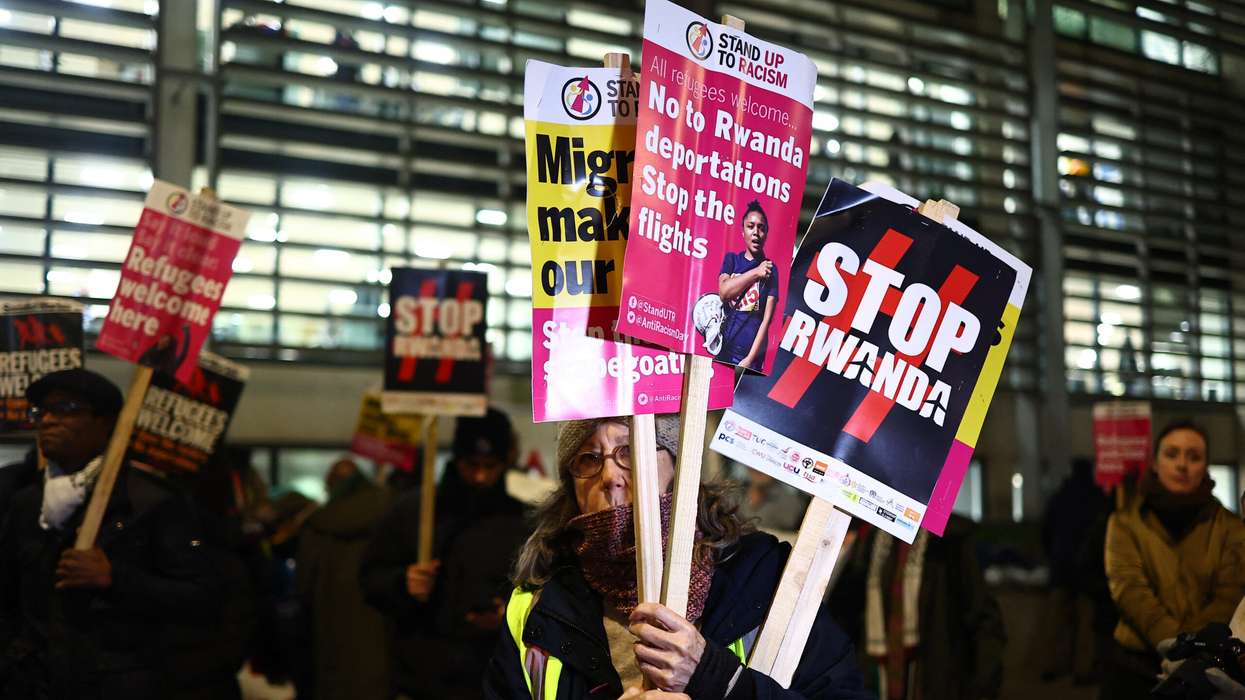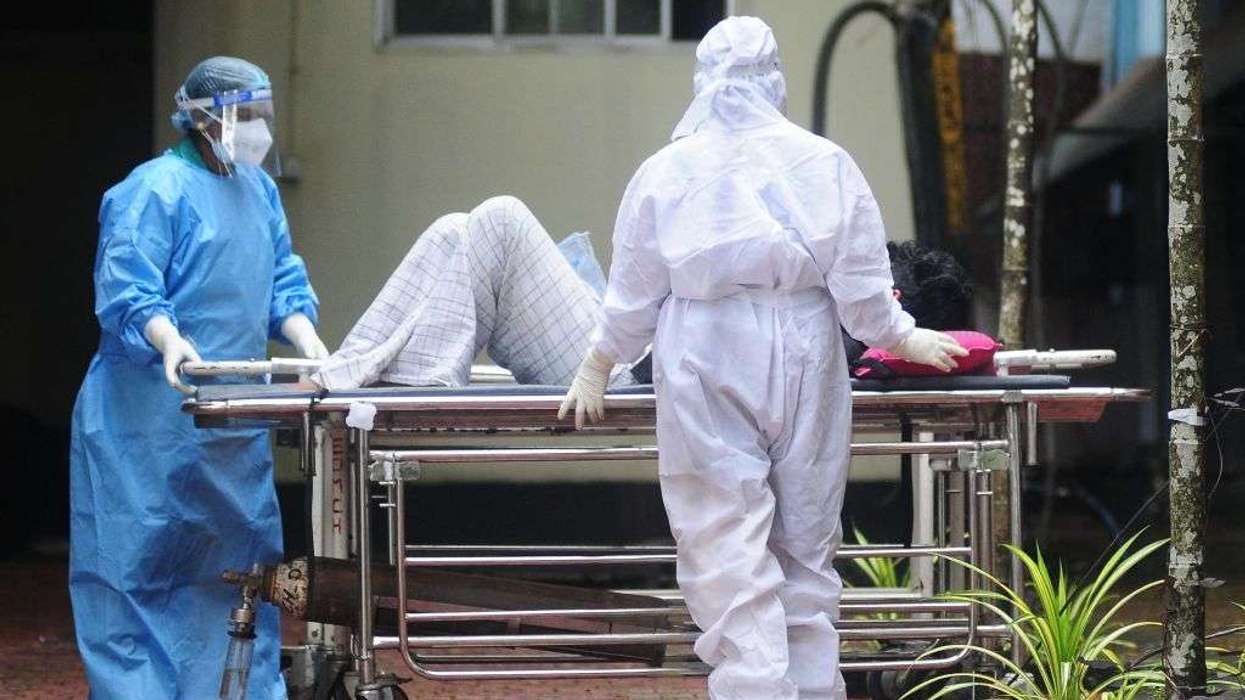PRINCE ANDREW on Friday (17) renounced his title of Duke of York under pressure from his brother King Charles, amid further revelations about his ties to US sex offender Jeffrey Epstein.
"I will... no longer use my title or the honours which have been conferred upon me," Andrew, 65, said in a bombshell announcement.
He said his decision came after discussions with the head of state, King Charles III.
"I have decided, as I always have, to put my duty to my family and country first," Andrew said in a statement sent out by Buckingham Palace.
He again denied all allegations of wrongdoing, but said "We have concluded the continued accusations about me distract from the work of His Majesty and the Royal Family."
Andrew, who stepped back from public life in 2019 amid the Epstein scandal, will remain a prince, as he is the second son of the late queen Elizabeth II.
But he will no longer hold the title of Duke of York that she had conferred on him.
UK media reported that he would also give up membership of the prestigious Order of the Garter, the most senior knighthood in the British honours system, which dates to 1348.
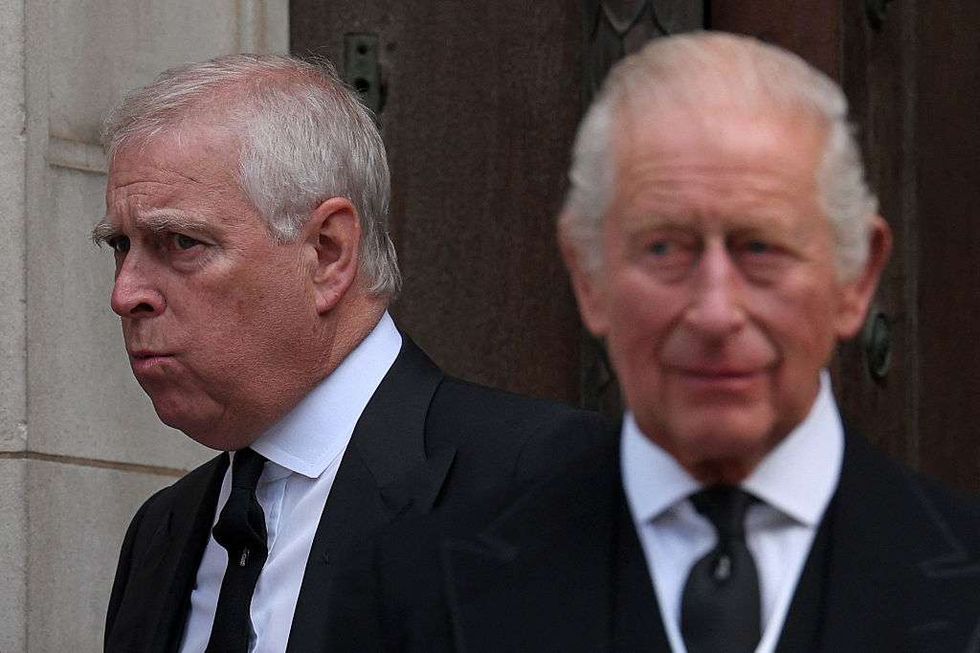
Andrew's ex-wife Sarah Ferguson will also no longer use the title of Duchess of York, though his daughters Beatrice and Eugenie remain princesses.
Andrew has become a source of deep embarrassment for his brother Charles, following a devastating 2019 television interview in which he defended his friendship with Epstein.
Epstein took his own life in a New York jail in 2019 while awaiting trial on charges of trafficking underage girls for sex.
In the interview, Andrew vowed he had cut ties in 2010 with Epstein, who was disgraced after an American woman, Virginia Giuffre, accused him of using her as a sex slave.
But in an reported exchange that emerged in UK media this week, Andrew told the convicted sex offender in 2011 that they were "in this together" when a photo of the prince with his arm around Giuffre was published.
But he added the two would "play together soon".
Giuffre, a US and Australian citizen, took her own life at her farm in Western Australia on April 25.
"The monarchy simply had to put a stop to it," royal commentator Richard Fitzwilliams told the BBC. "He has dishonoured his titles, he's in disgrace."
Andrew was stripped of his military titles in 2022 and shuffled off into retirement after Giuffre accused him of sexually assaulting her when she was 17.
New allegations emerged this week in Giuffre's posthumous memoir in which she wrote that Andrew had behaved as if having sex with her was his "birthright".
In "Nobody's Girl: A Memoir of Surviving Abuse and Fighting for Justice", to be published next week, Giuffre wrote she had sex with Andrew on three separate occasions, including when she was under 18.
Andrew has repeatedly denied Giuffre's accusations and avoided a trial in a civil lawsuit by paying a multimillion-dollar settlement.
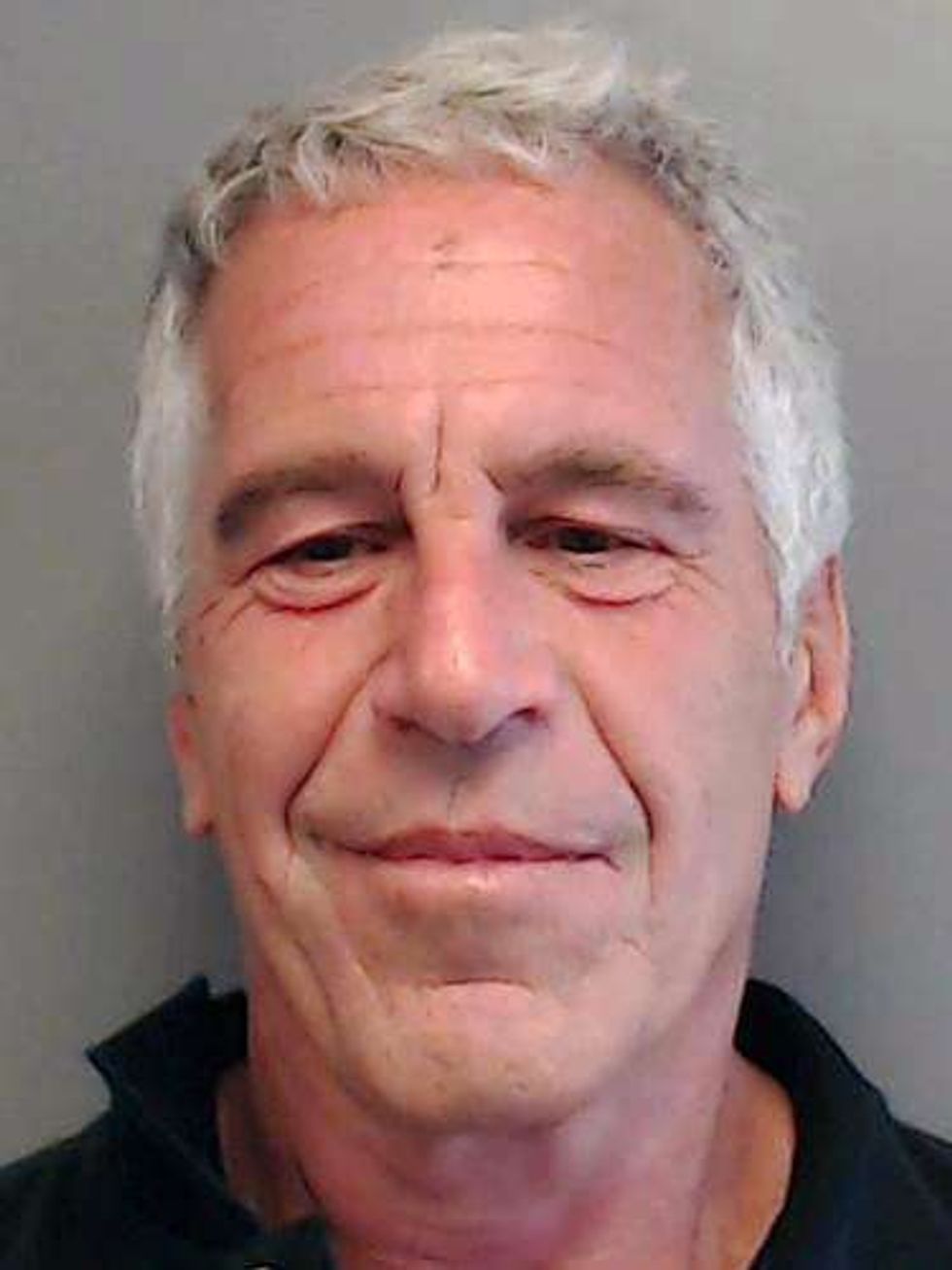
In extracts published by The Guardian newspaper this week, Giuffre described meeting the prince in London in March 2001 when she was 17.
Andrew was allegedly challenged to guess her age, which he did correctly, adding by way of explanation: "My daughters are just a little younger than you."
The once-popular royal was hailed a hero when he flew as a Royal Navy helicopter pilot during the 1982 Falklands War.
Internationally, he was best known for his 1986 wedding to Ferguson, boosting support for the centuries-old institution five years after his elder brother Prince Charles married Lady Diana Spencer.
Andrew has also become embroiled in a China spying scandal, and The Daily Telegraph revealed on Thursday (16) that he had met three times in 2018 and 2019 with a top Chinese official reportedly at the centre of the case.
The Epstein case also caught up with Ferguson, 65, last month, when an email from 2011 emerged in which she called Epstein a "supreme friend" and sought forgiveness for "letting him down".
She had vowed in the past to "never have anything to do with" Epstein again and called a £15,000 ($20,000) loan the billionaire had made to her "a gigantic error of judgement".
York City councillor Darryl Smalley said the city had lobbied hard for Andrew to drop the title.
"It's obviously a long time coming, but finally they recognised what a massive liability he is," he said.
(AFP)
